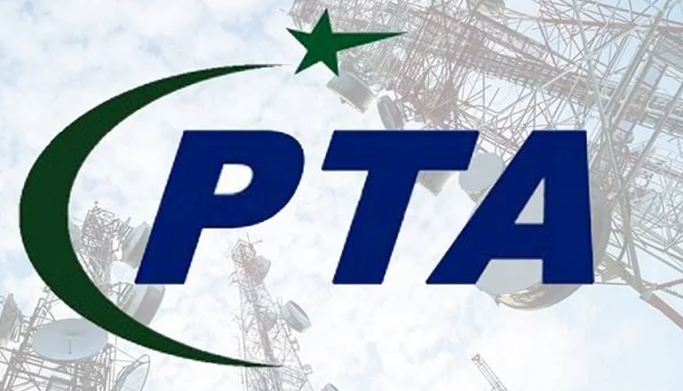The Pakistan Telecommunication Authority (PTA) has raised a red flag over the growing spread of fake news, explicit material, and content deemed unethical across digital platforms, warning that such misuse of online freedoms won’t go unpunished.
In a public statement, the telecom regulator reminded users that while freedom of speech is a constitutional right, it does not cover the propagation of illegal or immoral content. The PTA emphasized that any digital activity that incites hatred, targets religious beliefs, or disrespects sacred figures is not only socially damaging but also criminal under Pakistani law.
Misusing Free Speech: A Legal Line Not to Cross
The authority expressed growing concern over how some users weaponize social media to push false narratives or inflammatory content under the pretense of activism. According to the PTA, this trend undermines social stability and disrespects core national values, particularly when institutions like the armed forces or national security agencies are targeted.
The agency pointed to the Prevention of Electronic Crimes Act (PECA) 2016 as the legal backbone it will continue using to tackle violations. Offenses such as blasphemy, spreading fake news, or sharing obscene material are clearly outlined in the act and come with serious legal consequences.
Digital Spaces Under Strain: A Surge in Problematic Content
According to PTA officials, there’s been a noticeable spike in the circulation of NSFW (not safe for work) and unethical content, especially on social media. This rise, the authority warns, threatens public decency and fuels misinformation, which can disrupt social harmony and public trust.
The agency also reiterated that spreading false information, especially content that aims to mislead the public or provoke unrest, will be firmly addressed through legal channels.
Public’s Role in Safeguarding the Digital Sphere
To help curb the spread of such content, the PTA is calling on citizens to take an active role. Users are encouraged to report suspicious or unlawful digital material through the PTA CMS mobile app, a tool developed to support community reporting and digital oversight.
In closing, the PTA reminded all internet users to remain responsible in their online interactions, avoid spreading unverified or harmful content, and understand the consequences of crossing ethical and legal boundaries online.
As Pakistan continues to grapple with the rapid expansion of digital spaces, the PTA’s message is clear: online freedom comes with accountability.
